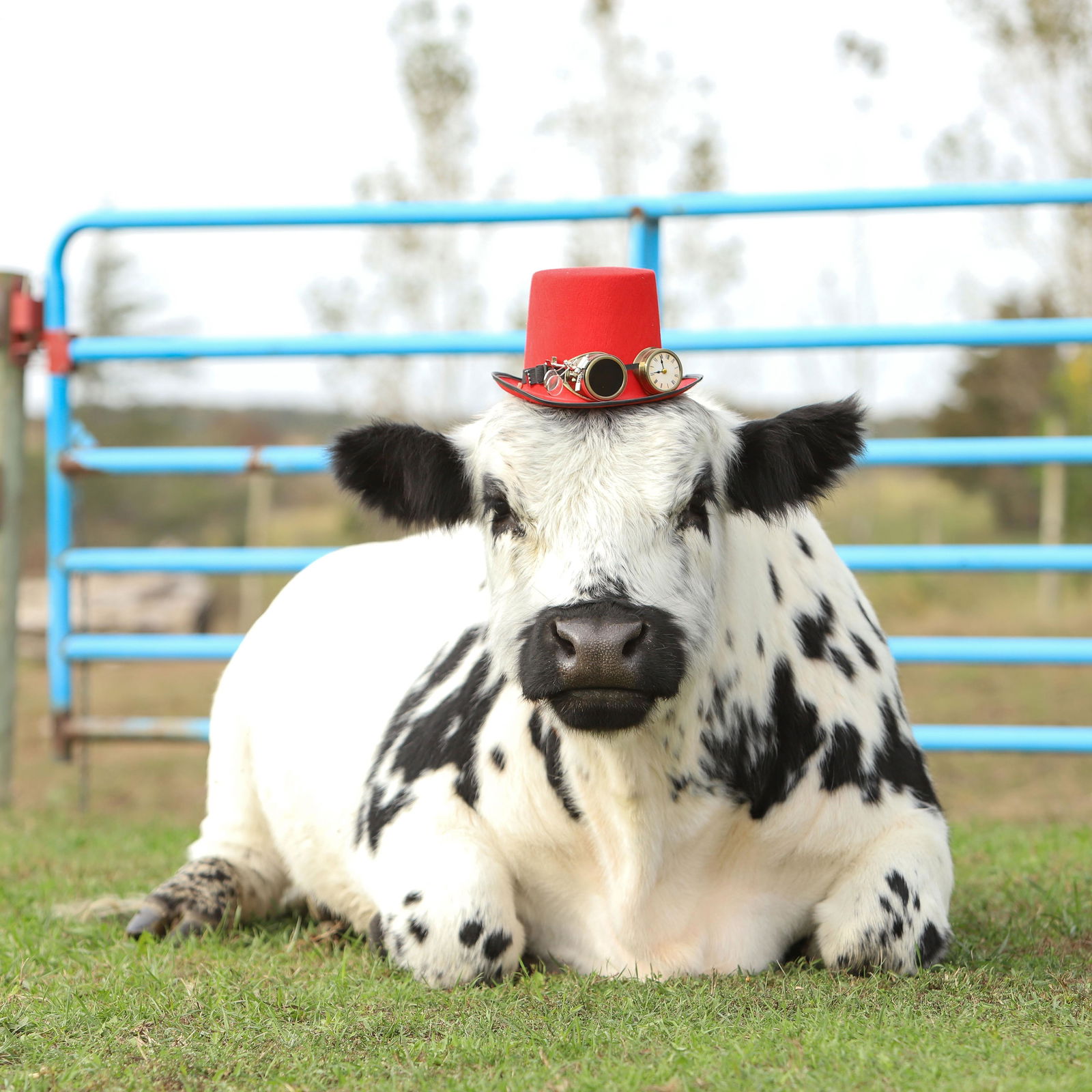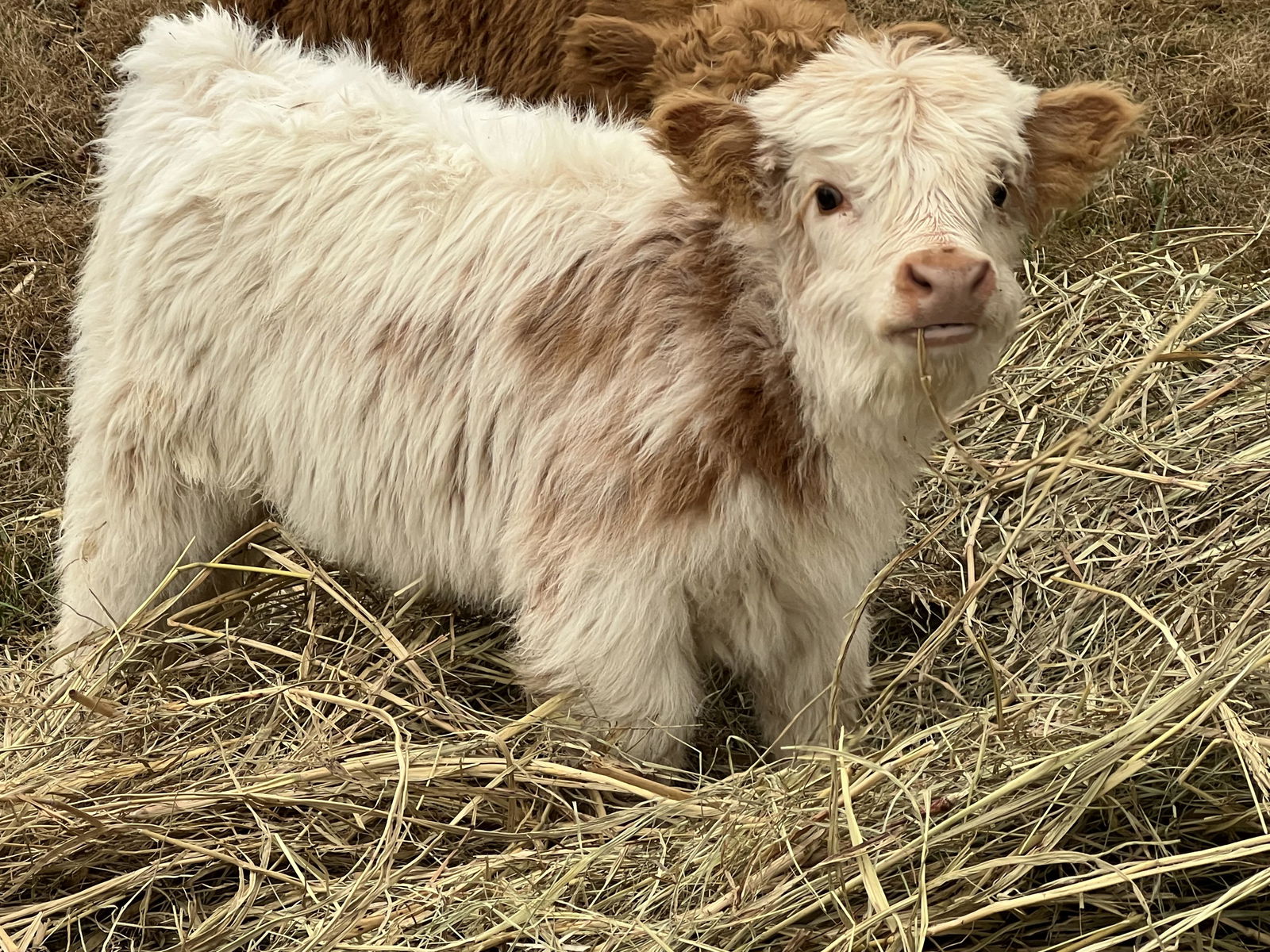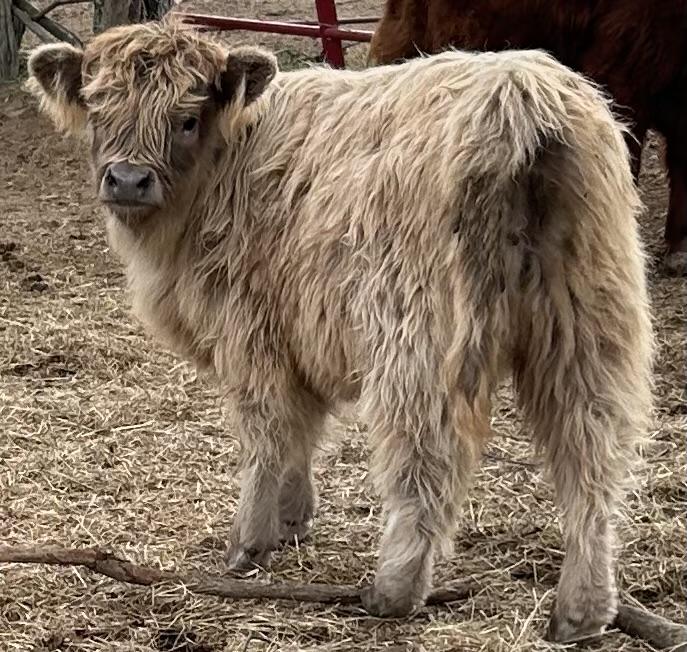
Micro Mini Donkey: The Smallest Donkey Breed Explained
Author: Elliott Garber, DVM
Ever dreamed of having a farm companion that fits in your backyard? Meet the micro mini donkey, the smallest size of donkey that stands under 30 inches tall at the shoulder. These tiny dynamos combine all the lovable traits of standard donkeys in a compact, manageable size.
What Is a Micro Mini Donkey
A micro mini donkey is a miniature Mediterranean donkey, specifically bred to maintain a height of 30 inches or less at the withers (shoulder height). These delightful creatures trace their origins to Sardinia and Sicily, where they navigated narrow mountain paths and worked in small vineyards. In modern times, they’ve traded their working roles for a spot as beloved family pets.
Key Characteristics
- Height: 26-30 inches at the withers
- Weight: 200-350 pounds at maturity
- Coat colors: Gray, brown, black, or spotted
- Distinctive cross pattern on their back
- Lifespan: 25-35 years with proper care
- Daily feed: 2-4 pounds of hay
- Space requirements: Minimum 1/4 acre
These miniature donkeys aren’t simply scaled-down versions of standard donkeys – they’re the result of careful breeding that preserves their gentle temperament while maintaining their compact size. Their personality rivals that of any family dog, complete with intelligence, social nature, and an occasional stubborn streak.
Physical Characteristics and Size
Micro mini donkeys display a perfect balance of features in their compact frame. Their official maximum height for miniature donkeys stands at 36 inches (91 cm) at the withers, but the micro size range maxes out at 30 inches. Their weight typically ranges from 200-400 pounds, making them substantially smaller than standard donkeys while maintaining proper proportions.
Notable Features
- Dense, weather-resistant coat in various colors (gray, brown, black, or spotted)
- Traditional donkey cross pattern along the back
- Compact, muscular build
- Well-proportioned body structure
- Sturdy, well-defined hooves
Their balanced appearance mirrors their larger relatives in miniature form, with a naturally protective coat that handles various weather conditions with ease.
Origins and History of the Breed
The story of micro mini donkeys begins in the sun-drenched Mediterranean islands, where their compact size proved perfect for navigating narrow streets and steep hillsides.
Mediterranean Roots
The breed originated naturally in Sardinia and Sicily, where the terrain shaped their development. Unlike other miniature breeds that required selective breeding for size reduction, these donkeys evolved naturally to their diminutive stature, perfectly adapted to the challenging island landscape.
Size Specifications
Micro mini donkeys must measure 30 inches or less at the withers (shoulder height) to fit into this smallest size category. Their typical measurements are:
- Maximum height: 30 inches (76 centimeters)
- Standard range: 26-30 inches (66-76 centimeters)
Historical Purpose
In their Mediterranean homeland, these compact donkeys served essential roles in daily life:
- Navigating narrow village alleyways with supplies
- Operating grain grinding equipment
- Transporting water through confined spaces
- Moving goods in restricted areas
Their size-to-strength ratio proved remarkable, often carrying proportionally heavier loads than their larger counterparts while maintaining superior maneuverability in tight spaces.
Care and Maintenance
Proper care of micro mini donkeys requires attention to their specific needs while following established equine care principles.
Feeding and Nutrition
A balanced diet maintains optimal health in micro mini donkeys. Daily requirements include:
- Hay portion: 1.5% of body weight (about 3 pounds for a 200-pound donkey)
- Fresh grass hay or timothy hay as primary feed
- Restricted access to rich pastures
- Constant access to fresh water
- Mineral salt block
- Limited grain supplements (veterinarian-approved only)
Housing Requirements
Proper shelter ensures comfort and safety:
- Individual space: 400 square feet minimum
- Three-sided shelter with ventilation
- Dry straw or wood shaving bedding
- Four-foot minimum fence height
- Well-drained, level ground
- Predator-proof enclosure
Health Considerations
Regular maintenance prevents common health issues:
- Daily hoof cleaning
- Farrier visits: Every 6-12 weeks
- Regular grooming and skin checks
- Annual dental examinations
- Veterinary-guided deworming
- Standard vaccination protocols
Common health concerns include:
- Hoof maintenance issues
- Weight management
- Dental care needs
- Parasite prevention
- Respiratory health in dusty conditions
Benefits of Owning a Micro Mini Donkey
These miniature equines offer unique advantages as companion animals, suitable for both rural and suburban environments.
Affectionate Personalities
Their natural social tendencies create strong bonds through:
- Expressive ear movements indicating mood
- Gentle nuzzling behaviors
- Long-term recognition of caregivers
- Quick response to training
- Positive reactions to consistent handling
Therapeutic Value
Their calm nature makes them excellent therapy animals:
- Nursing home visitation programs
- Physical disability support
- Stress reduction therapy
- Emotional support services
- Animal-assisted therapy participation
Easy Maintenance
Practical benefits include:
- Reduced feed requirements
- Minimal space needs (400 square feet)
- Simple shelter requirements
- Standard vaccination protocols
- Straightforward care routines
Social Compatibility
They integrate well with other animals:
- Horses
- Goats
- Barn cats
- Family dogs
- Poultry
Cost and Where to Find One
Understanding the costs of micro mini donkeys helps set realistic expectations for potential owners. The price varies significantly based on the source, age, and breeding of the animal.
Typical Price Ranges by Source:
- Rescue Organizations: $350-$500 (May require additional medical care)
- Auction Houses: $200-$2,500 (Variable health conditions)
- Professional Breeders: $800-$5,000 (Includes health guarantees)
- Specialty Ranches: $2,800-$3,800 (Often includes training)
Reputable breeders like Oak Creek Mini & Micro Mini Donkeys and Gail’s Mini-Donkey Ranch offer healthy, well-socialized animals. Current market prices average $2,000 for a micro mini jack and $3,500 for a mini jennet. Some ranches offer incentives, such as $100 discounts for gelding males.
Rescue organizations provide an affordable alternative, with adoption fees between $350-$500. While these donkeys may need additional care or training, they offer a chance to provide a loving home to an animal in need.
Auction purchases represent the most variable option. Though initial costs might be lower, starting at $200, unexpected health issues can significantly increase long-term expenses. Professional veterinary assessment is essential before finalizing an auction purchase.
Experience shows that investing in a healthy animal from a reputable source often proves more economical over time. This initial investment typically includes health guarantees, proper documentation, and ongoing support from the breeder.
Conclusion
Micro mini donkeys combine the charm of traditional donkeys with practical advantages for smaller properties. Their manageable size, engaging personalities, and versatile nature make them excellent companions for various situations.
Success with these animals depends on:
- Choosing a reputable source
- Understanding the full scope of care requirements
- Preparing appropriate space and facilities
- Committing to regular veterinary care
- Investing time in training and socialization
With proper care and attention, these diminutive equines provide years of companionship, bringing unique character and joy to their owners’ lives.

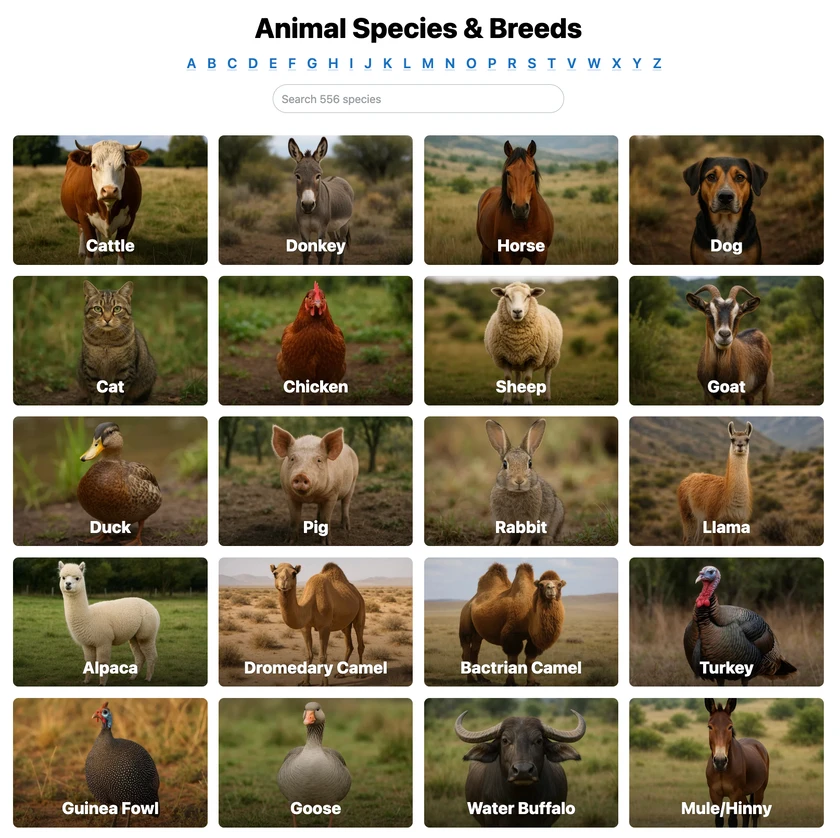 All Species & Breeds
All Species & Breeds
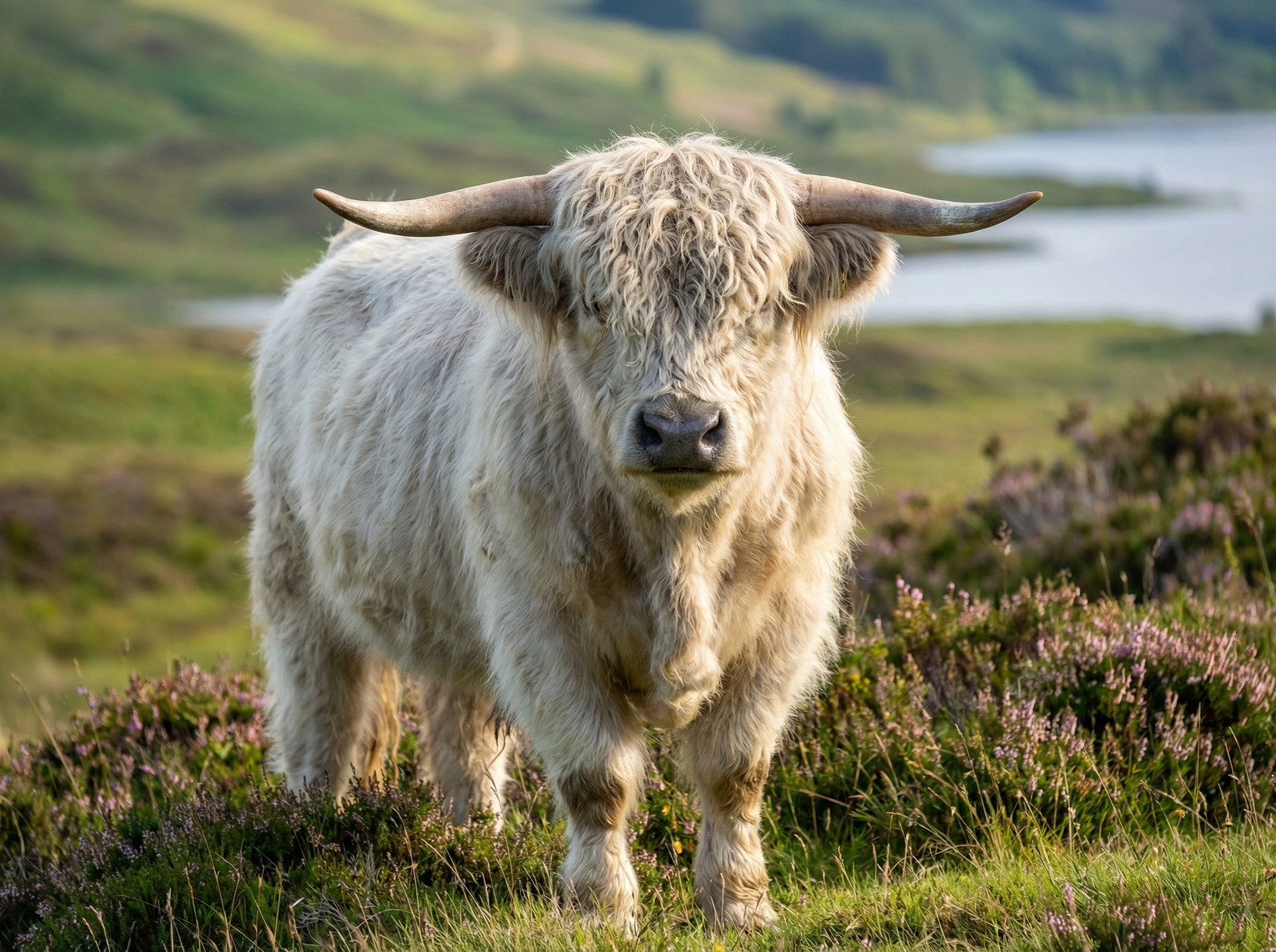 Highland Cattle
Highland Cattle
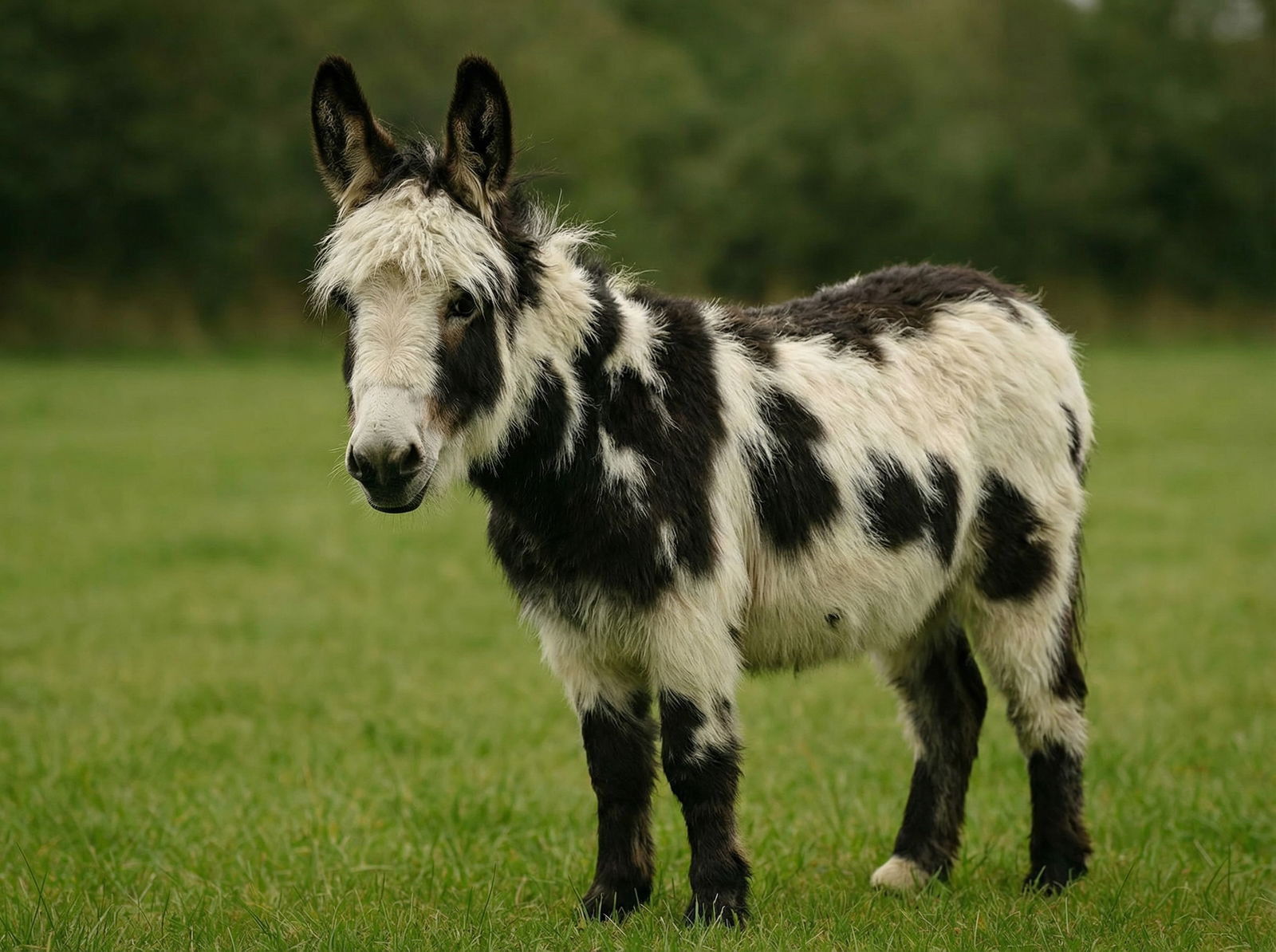 Miniature Donkeys
Miniature Donkeys
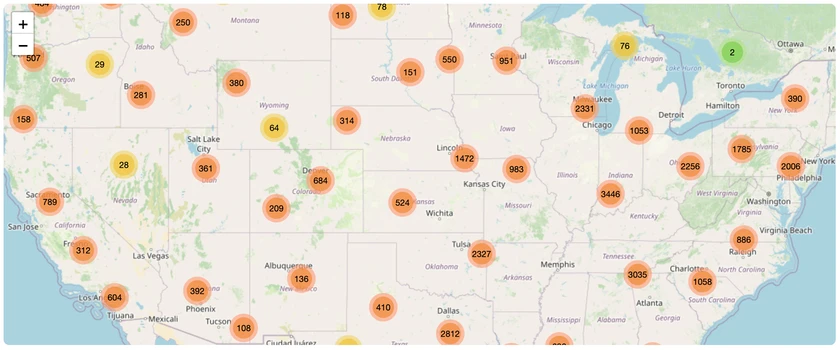 All Species Directory
All Species Directory
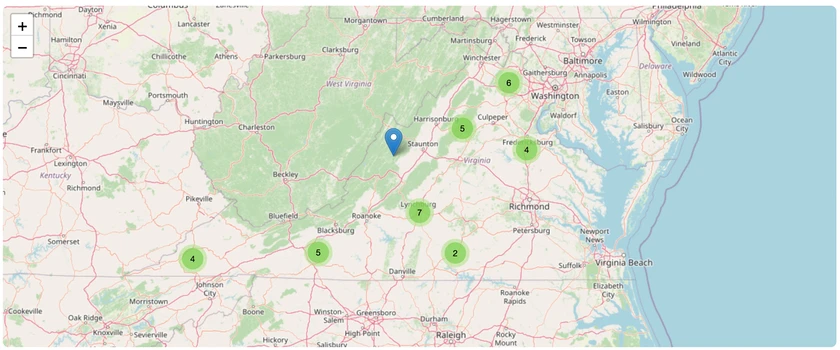 Highland Cattle in Virginia
Highland Cattle in Virginia
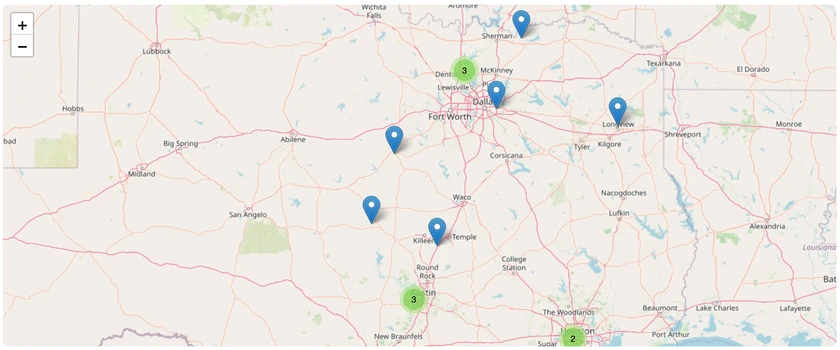 Miniature Donkeys in Texas
Miniature Donkeys in Texas









